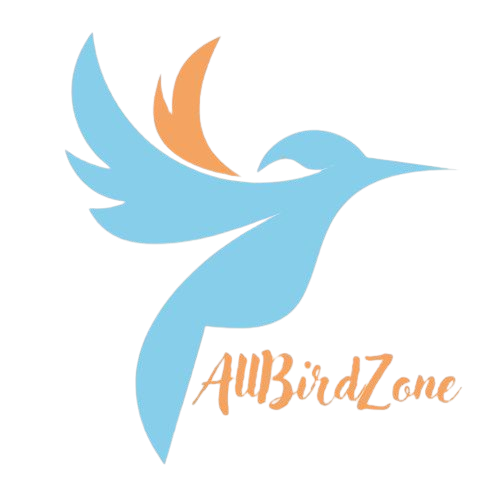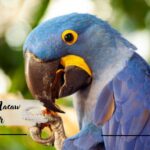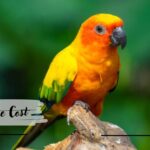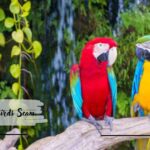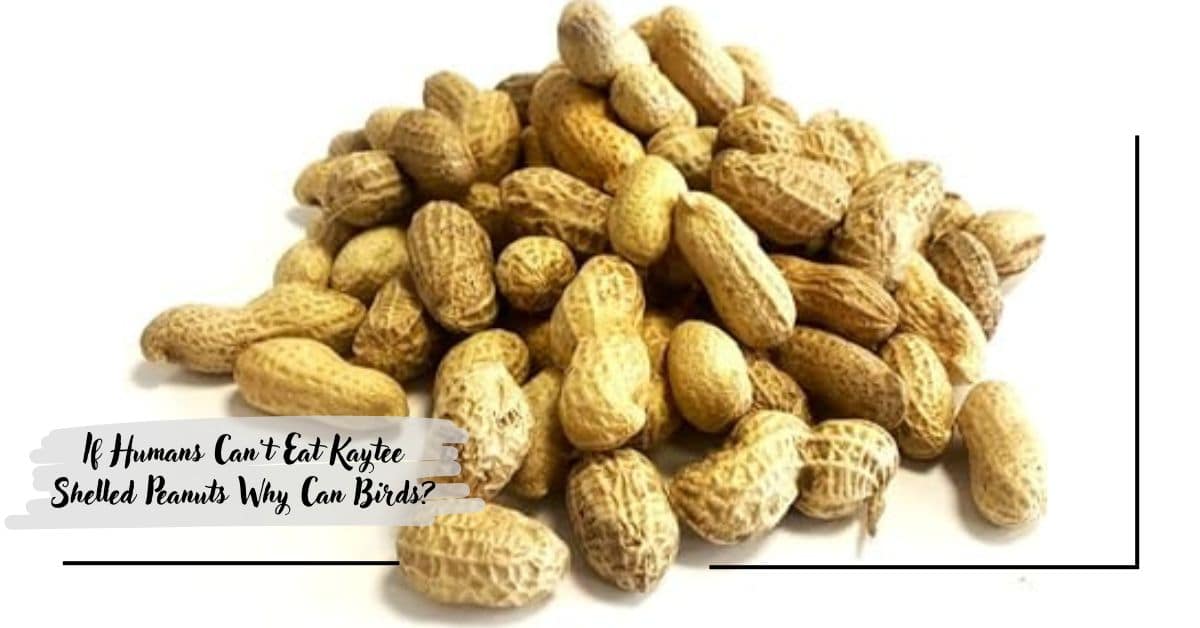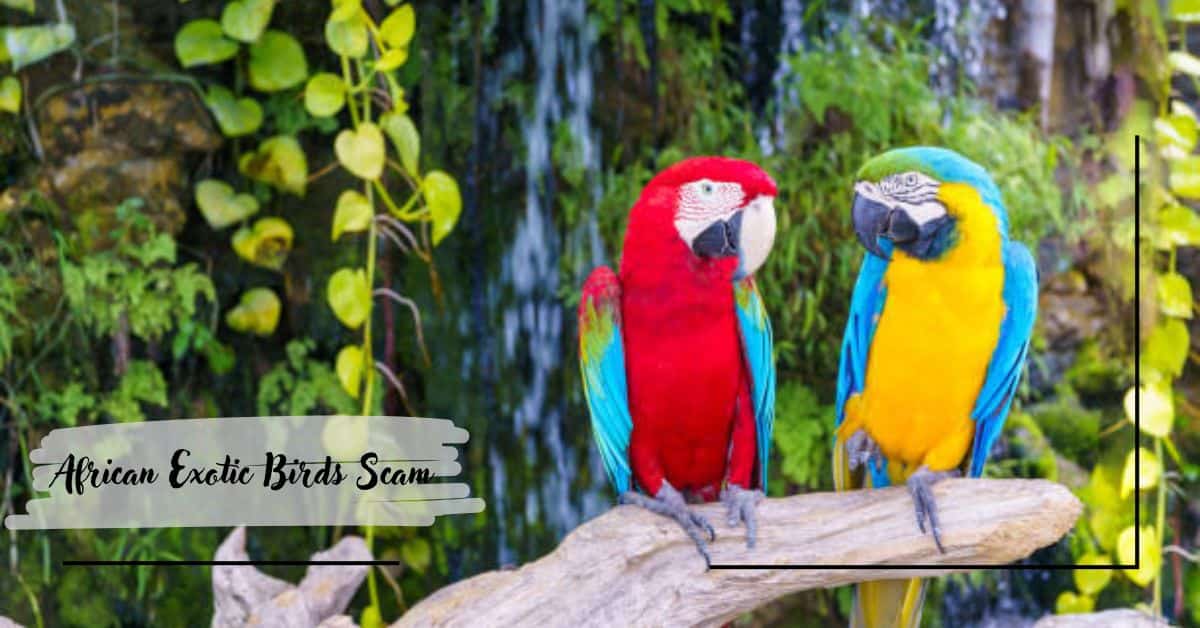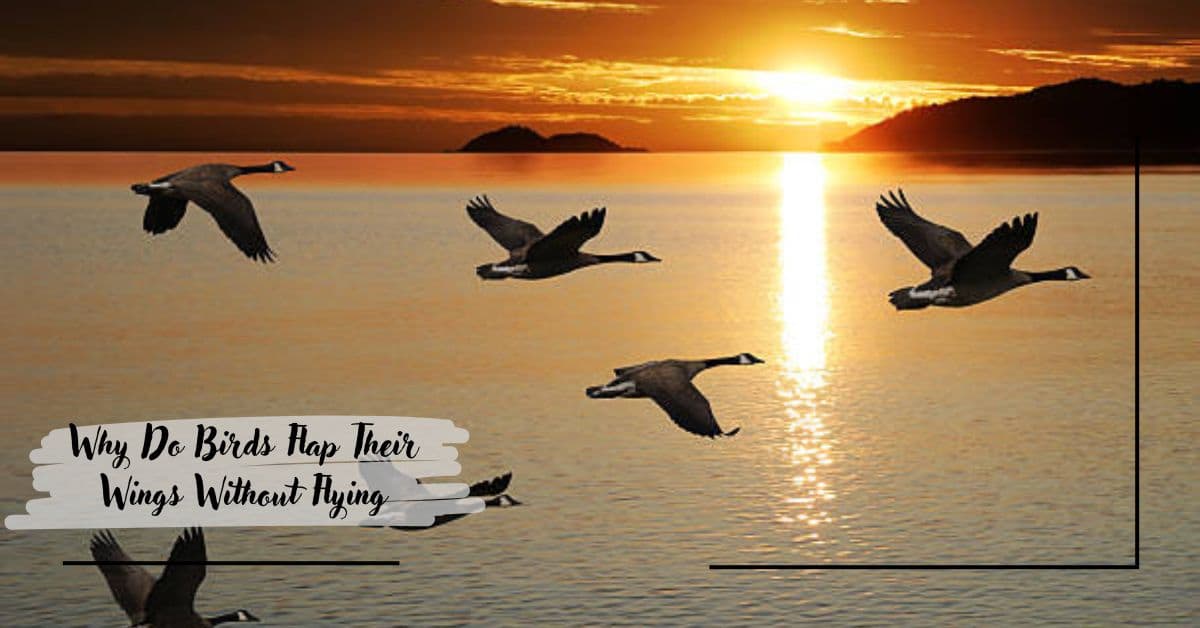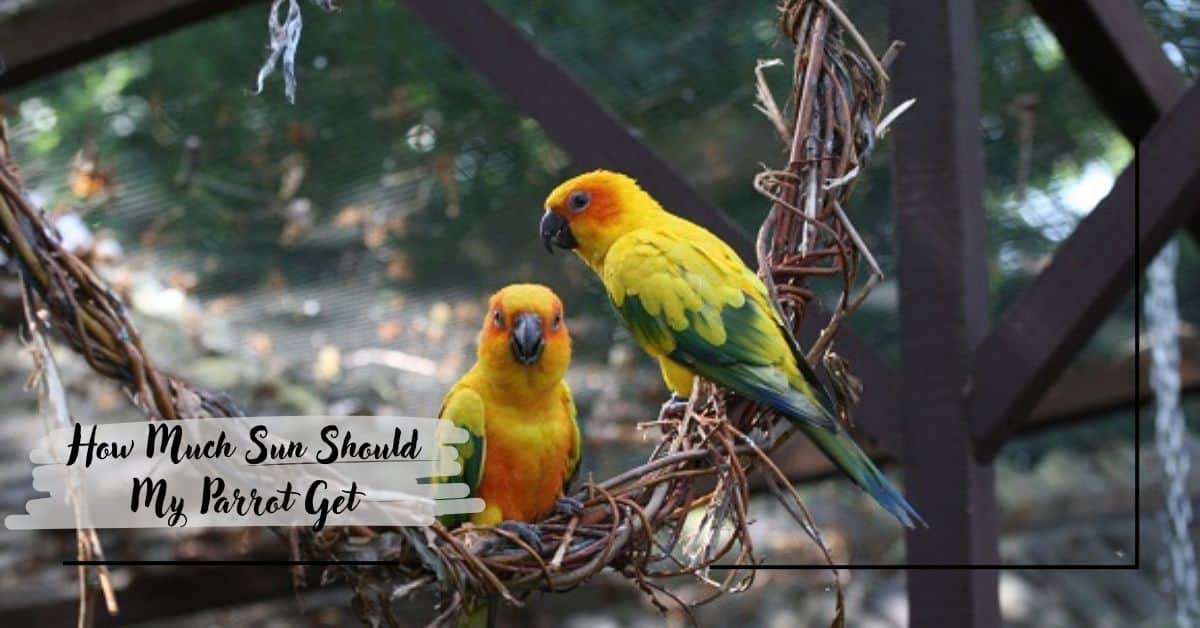Humans should not eat Kaytee-shelled peanuts because they may contain additives and contaminants that are unsafe for people. These peanuts are specifically formulated for birds, meeting their dietary needs and being safe for them to consume. Birds can digest these peanuts effectively, benefiting from the high protein and fat content. Always choose peanuts labelled for human consumption if you want to eat peanuts safely.
Kaytee-shelled peanuts are a type of bird food designed for various wild birds. They are sold without shells, making them easy for birds to eat. These peanuts are packed with nutrients that provide energy and support bird health, especially during colder months when food is scarce.
Can a Human Eat Peanuts Made for Birds?
While humans can eat regular peanuts, it is not advisable to eat peanuts specifically made for birds, like Kaytee-shelled peanuts. These peanuts may contain additives or preservatives not suitable for human consumption. Always choose peanuts labelled for human use if you want to enjoy them.
Why Can’t Humans Eat Kaytee Shelled Peanuts?
Dietary Restrictions:
Kaytee-shelled peanuts may have ingredients that can cause allergic reactions or other health issues in humans. They are formulated for birds and may not meet the dietary needs of humans.
Quality Standards:
Bird food often has different quality and safety standards than human food. Kaytee-shelled peanuts may not undergo the same rigorous testing for contaminants and additives, making them potentially unsafe for people.
Potential Contaminants:
Bird food can be more exposed to mould and pests, which may lead to contamination. For example, aflatoxins harmful toxins produced by certain moulds can sometimes be present in peanuts. Consuming contaminated peanuts can lead to serious health risks.
Why Do Some Peanuts Say Not for Human Consumption?
Peanuts labelled “not for human consumption” are treated differently than those for people. They may have chemicals and additives safe for birds but not for humans. The processing and storage of these peanuts might not meet the same safety standards as human food, leading to a higher risk of contamination. This warning helps keep people safe from potential health risks, so it’s essential to choose peanuts labelled explicitly for human use if you want to eat them.
What is the Difference Between Peanuts for Animals and Humans?
Peanuts for animals are often produced with fewer safety checks and might include lower-quality ingredients or fillers unsuitable for human consumption. These peanuts can be processed in facilities that don’t follow the same hygiene standards, increasing the risk of contamination. On the other hand, peanuts meant for human consumption must meet strict health and safety regulations. They are typically inspected for quality, ensuring they are free from harmful chemicals and contaminants. This difference in production standards is important because it helps protect human health while providing safe, nutritious food for both people and pets.
Why Can Birds Eat Kaytee Shelled Peanuts?
Digestive Adaptations
Birds have unique digestive systems designed to handle various foods, including nuts. They can effectively break down and absorb the nutrients from Kaytee shelled peanuts. Their digestive tracts are shorter and faster than humans’, allowing them to process food quickly.
Nutritional Needs
Kaytee-shelled peanuts are high in protein and healthy fats, essential for birds, especially during breeding or moulting seasons. These nutrients provide the energy birds need for daily activities like flying and foraging.
Natural Behavior
Birds naturally forage for seeds and nuts in the wild, so Kaytee-shelled peanuts align with their natural feeding habits. Offering them this food mimics their natural diet and encourages healthy feeding behaviours.
Which Kind of Peanuts to Feed Birds?
When feeding birds, choose raw or roasted unsalted peanuts. Avoid peanuts flavoured, salted, or processed with oils, as these can harm birds. Shelled peanuts are easier for many birds, but some might also enjoy whole peanuts in the shell.
- Raw Peanuts
- Roasted Unsalted Peanuts
- Shelled Peanuts
- Whole Peanuts in the Shell
Peanuts to Avoid
- Flavored Peanuts (avoid)
- Salted Peanuts (avoid)
- Oily or Processed Peanuts (avoid)
How to Choose Safe Bird Food?
Ingredients
Look for bird food with natural ingredients and minimal additives. Check the label for any harmful chemicals or preservatives. The fewer the ingredients, the better!
Source
Purchase bird food from reputable brands that prioritise quality and safety. Brands that specialise in bird food often follow higher standards to ensure their products are safe for avian consumption.
Nutritional Value
Ensure the food provides a balanced diet for birds. Kaytee-shelled peanuts should be part of a varied diet that includes seeds, fruits, and vegetables to meet the nutritional needs of different bird species.
What is Aflatoxin?
Aflatoxin is a toxic substance produced by certain moulds found on peanuts and other crops. It can cause severe health problems in both humans and animals, including liver damage and cancer. Proper storage and handling of peanuts can help reduce the risk of aflatoxin contamination.
Which Birds Enjoy Kaytee Shelled Peanuts?
Many birds love Kaytee shelled peanuts, including:
- Woodpeckers: Attracted to the high fat content.
- Jays: Known for their intelligence and varied diet.
- Chickadees: Small birds that enjoy foraging.
- Nuthatches: Love to eat nuts and seeds.
What Alternatives Exist for Feeding Birds?
Other food options for birds include:
- Seed mixes: Containing sunflower seeds, millet, and safflower.
- Fruits: Such as apples, berries, and oranges.
- Nuts: Like almonds and walnuts (unsalted and without additives).
- Suet: High-energy food made from animal fat, often mixed with seeds and fruits.
How to Properly Store Kaytee Shelled Peanuts?
To keep Kaytee-shelled peanuts fresh, use an airtight container to prevent moisture and pests from contaminating them. Store the container in a cool, dry place to help avoid mould growth, and regularly check for spoilage by inspecting the peanuts for any signs of mould or a rancid smell. Proper storage ensures the peanuts remain safe and nutritious for the birds you intend to feed.
What Other Foods Can You Offer to Birds?
In addition to Kaytee shelled peanuts, consider offering:
- Sunflower seeds: Popular among many bird species.
- Nyjer seeds: Attracts finches and small songbirds.
- Suet cakes: High-energy food for woodpeckers and other birds.
- Fresh fruits and vegetables: Cut into small pieces for easy access.
Where To Buy The Kaytee Shelled Peanuts Online?
You can buy Kaytee shelled peanuts at various places Online, including:
Conclusion:
While humans should avoid Kaytee-shelled peanuts due to potential contaminants and dietary restrictions, these peanuts are safe and beneficial for birds. They provide essential nutrients that support bird health and mimic their natural diet. By understanding the differences between bird food and human food, you can effectively care for your feathered friends. Always choose high-quality, unsalted peanuts to ensure the best nutrition for the birds visiting your feeders.
